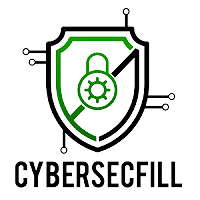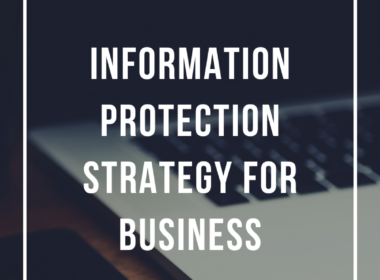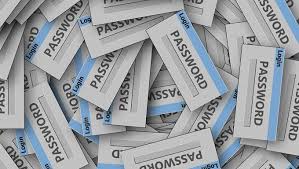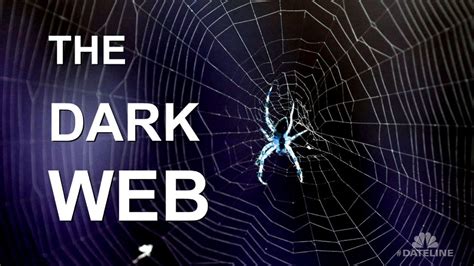Unlike the email spam of the late 90s and early 2000s, Facebook’s scams can be harder to spot. They hide in plain sight and recycle old tactics while preying on some of the most trusting members of society.
Don’t let yourself or someone you care about fall for a Facebook Scam. Learn what to look for and stay safe.
Facebook Phishing
Phishing is the act of impersonating a service to convince a target to give up their login credentials. While Facebook phishing is ultimately no different from any other kind of phishing, it’s significant because some of the other scams on this list rely heavily on compromised accounts.
Most phishing takes place over email when a scammer sends a message asking the target to log in to their account, recover their password, or verify account details. When this link is clicked, the target is taken to a website that looks very much like Facebook but is hosted elsewhere. You can spot a scam like this by looking at your browser’s address bar. If it reads anything other than “facebook.com,” then you are being deceived.

Facebook also doesn’t often send out notices asking users to verify their accounts. Unless you haven’t logged in for years, your Facebook account should not require any action from you to maintain. Even if you suspect a notice to be legitimate, you should still visit Facebook.com directly rather than following a link in an email, just to be safe.
Because Facebook is a social network, your friends influence your behavior while using the service. If you see that a trusted friend or family member has liked a page, shared a post, or recommended service to you on the platform, you’re much less likely to question it. Association with your friends becomes a tacit endorsement.
With the keys to your Facebook account, a scammer has access to your full list of friends. They can tell who you message and how often you do so, and even what you talk about. This information could be used to conduct highly targeted personal scams, or it could be used to cast a far larger net over your entire friends’ list.
The Ticket Scalper Event Scam
Scammers have taken to using Facebook’s events system to deceive you into paying over the odds for event tickets. These vastly overpriced tickets may never exist in the first place, and if you are unlucky enough to fall for the scam, then you are unlikely to be able to recover your money.
The scammer first creates an event page for a show with limited tickets and high demand, often shows that have already sold out. Many such scammers will create legitimate-looking events “company” pages, which usually consist entirely of Facebook events for similar shows.
The event is then promoted on Facebook, which costs the scammers very little to do. Many users will click on “Interested” or “Going” as the post scrolls by in their newsfeeds, which further provides the event with a sense of legitimacy. Unfortunately, the link to tickets for the events does not point to an official ticket outlet.

Instead, scammers will insert links to ticket resale websites. These already exist in morally and legally gray areas. Such sites are commonly used by scalpers who buy tickets en-masse to flip for two, three, or four times the price. The more sought-after the tickets, the more profit there is to be made. Many of these resellers do not have tickets to sell in the first place.
If you’re lucky enough to receive your ticket, you’ll be paying vastly inflated prices for it. If your ticket never arrives, most reseller websites point to the terms and conditions which state that they are not responsible for any sellers that do not deliver. Depending on your local laws, you might not have a lot of consumer protection. Even if you do, not everyone has the resources to fight a legal battle.
To avoid this scam, always buy from legitimate ticket outlets. Don’t blindly trust or click “Interested” on events that appear in your news feed. If you want to buy tickets, leave Facebook, and search for the show or artist, you would like to see and follow official links instead.
The Unexpected Prize or Lottery Scam
Most of us wouldn’t fall for a letter in the mail that tells us we’ve won a lottery that we have no recollection of entering. Most of us wouldn’t fall for an email or random message on Facebook, notifying us of this either. But what if you received this exact message and a message from a friend telling you that they’ve already cashed in their winnings?

This is the advance-fee scam, also known as the “Nigerian Prince ” or 419 scams (as they violate section 419 of the Nigerian criminal code, which deals with fraud), with a twist. Compromised accounts are the perfect breeding ground for this sort of scam. The endorsement of a friend whom you trust can be enough to tip you over the line. These friends will often comment that they saw your name on the “list of winners,” which you should always treat as a red flag.
It is however a noteworthy fact that the originator of the Nigerian Prince scam is Michael Neu, 67, of Slidell, Louisiana, who has been arrested and is facing 269 counts of wire fraud and money laundering.

Ultimately the scam takes the same turn as every other 419 scams out there. You’ll be told that a “processing” or “administration” fee must be paid to send the money to your account. Sometimes scammers will try multiple times to get you to pay “fines” or “transaction fees” related to the balance. Suspiciously, these fees can never be subtracted from your winnings.
By the time the penny drops, you could have put hundreds or thousands of naira into the scam. The lure of #7,500,000 could persuade many of us to spend #50,000 without a second thought. You should always question anyone who wants you to spend money to receive a prize.
Fake Gift Cards and Coupons
You’ve probably seen these gift card or discount coupon scams advertised around the web but never thought to click on them. But that’s not the case when they are shared by a friend, a tactic that many scammers rely on to recruit more victims.
A friend shares a gift card or a significant discount code to a big retailer on Facebook. Curious, you click on it and are asked to fill out a form so that you can receive your code. At the end of the process, you’re told to share the post, at which point you will receive what was promised to you. The problem is, your gift card or discount never arrives.

You might not think anything more of this, but you’ve already been scammed. Personal information, particularly names linked to addresses, date of birth, and a valid email address all have value online. Your details may be sold to spammers who will use them for marketing purposes. You’ll probably get a lot more cold calls and unsolicited emails.
Sometimes scammers will try the scam in reverse by sending fake gift cards to a physical address. When you “activate” the gift card by visiting the link on the back, your information is taken to be sold elsewhere, and your gift card never works.
Be immediately suspicious of any competition or offer that asks you to share the post as part of the claim or entry. Facebook and Twitter cracked down on this behavior years ago, and it’s no longer tolerated as a valid means of entering competitions or claiming discounts or store credit.
To be continued….









